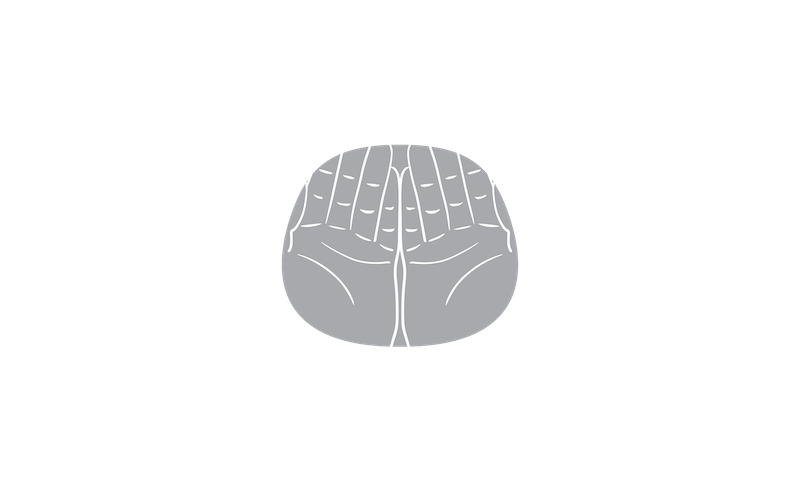Fullness Group is a pioneer in social innovation in Hong Kong, comprising Fullness Christian Vocational Training Centre (a charitable institution established since 1987), Fullness Christian Social Enterprise Limited (a social enterprise established since 2008), Fullness Social Enterprises Society (a charitable institution established since 2011) and Fullness Social Venture (a non-profit-making innovation agency established since 2023).

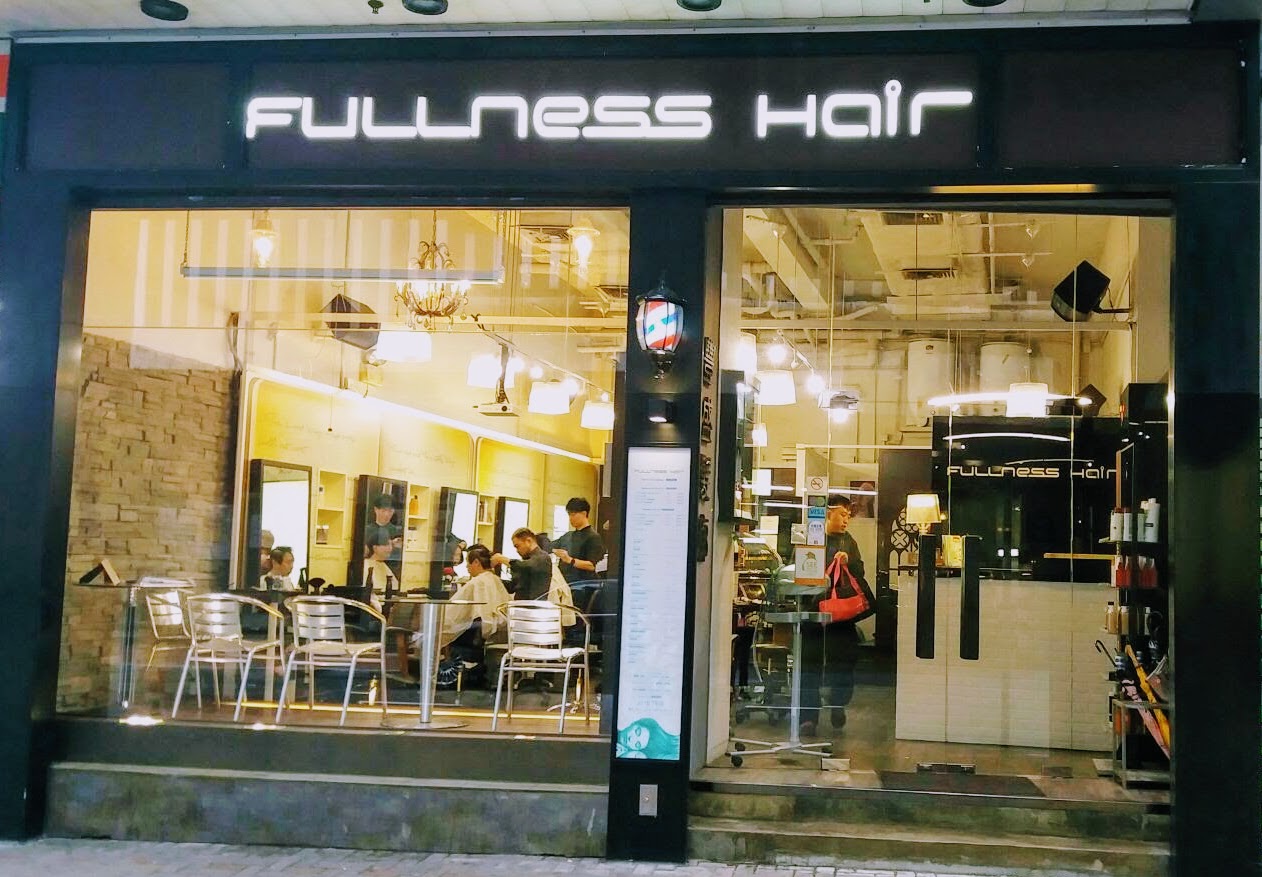
-
Since the 1980s, our founders applied professional knowledge and skills in running social enterprises.
In 1987, Fullness Christian Vocation Training Centre (FCVTC) was set up as a s.88 charity. A few millions of donations was raised from a group of Christians in Hong Kong. With the capital, FCVTC established the Fullness Garage, the first Work-Integration-Social Enterprise (WISE) in Hong Kong, that created job opportunities for the ex-offenders, ex-drug addicts, and deviant youth. The garage sailed through the financial crises in 1997, 2000 and 2008.
In 2008, riding on the success operation of the Fullness Garage, Fullness Christian Social Enterprise Limtied was set up as a social enterprise to operate the Fullness Salon. It was the first social enterprise in Hong Kong that successfully raised over HK$2million private capital from 16 individual and corporate shareholders. The social mission of Fullness Salon was to help youth-at-risk to reintegrate into society through a salon operation. Social Return on Investment (SROI) was first measured, for instance, for each dollar spent by the customers, 18% goes to the youth as their workfare. Each year, around HK$550,000 workfare was generated on an initial investment of $800,000, giving a SROI of 68% per year. During the financial tsunami in 2009, Fullness Salon promoted the concept of ‘Responsible Consumption’, which paved the way for the inauguration of ‘Tithe Ethical Consumption Movement’ (TECM) three years later.
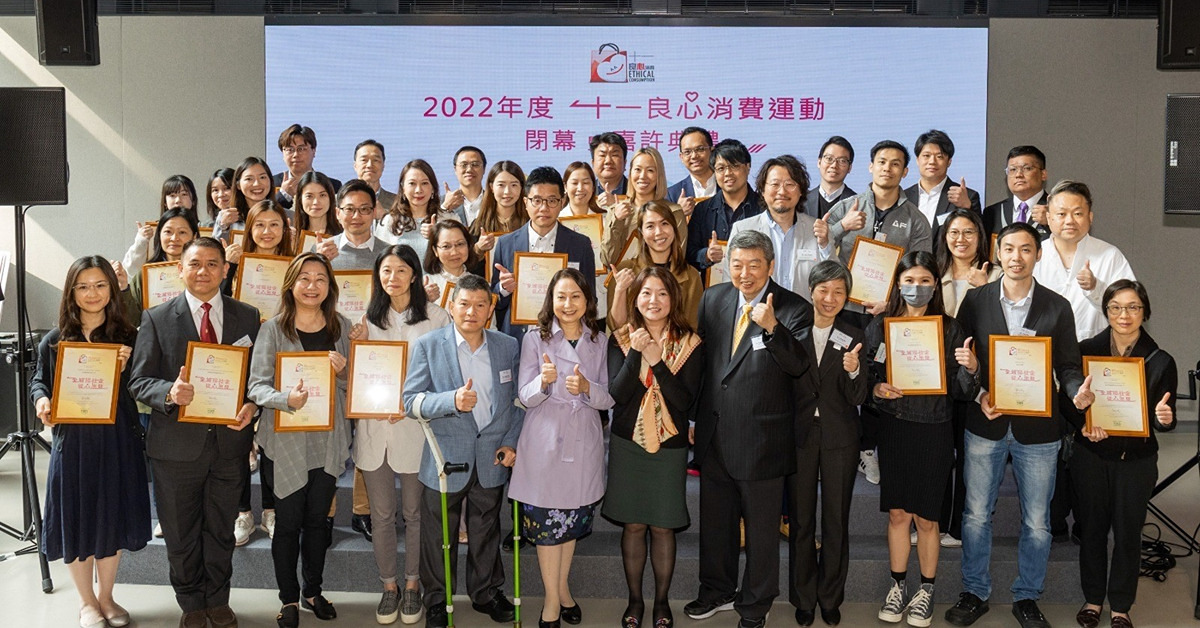
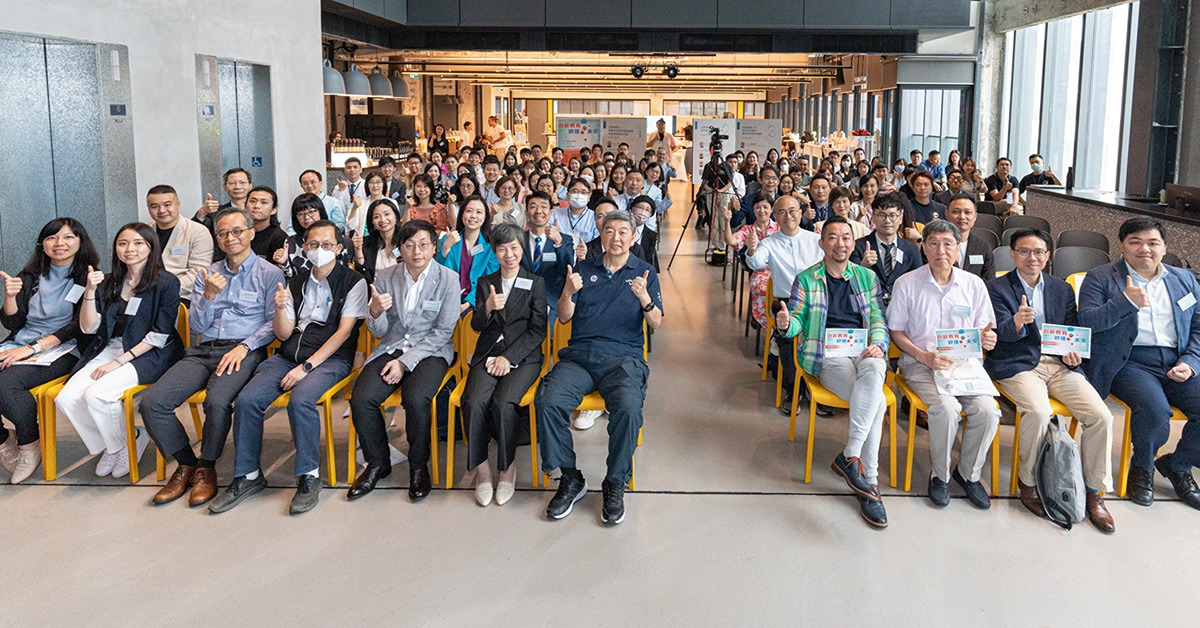
-
We started sharing our knowledge and scaling our impact via capacity building since 2010s.
In 2011, Fullness Social Enterprises Society (FSES) was set up to scale out our impact by sharing practical knowledge in running social enterprises. Around 50 knowledge volunteers, from different sectors and professions, were recruited as our executive members.
In 2012, the Home Affairs Bureau of the Hong Kong Government invited FSES to help the social enterprises to promote their products and services. The program Tithe Ethical Consumption Movement (TECM) was born to promote the concept of social enterprise and ethical consumption to the public.
In 2014, FSES and the Department of Cultural and Religious Studies of the Chinese University of Hong Kong conducted a pilot project of Social Entrepreneurship School Education (SEnSE) that brought social entrepreneurship knowledge to 17 secondary schools.
In 2015, FSES led a team of representatives to visit the 2015 Social Enterprise World Forum (SEWF) in Milan, and actively supported the General Chamber of Social Enterprises (GCSE) to obtain the hosting right of 2016 SEWF. While the social enterprise sector in Hong Kong may be smaller in scale compared to other countries, our expertise in social entrepreneurship is at the forefront, particularly in the fields of SROI reporting, financial sustainability, and the promotion of ethical consumption.
In 2016, FSES co-organized the SEWF in Hong Kong, and was sponsored to write three leading books in the field of social entrepreneurship, namely, “Hong Kong: The frontier in Social Entrepreneurship”, “Comparing Key Performance Indices among UK, Korea, and Hong Kong”, and “Introduction to Social Impacts Measurements: Hong Kong Context”. Delegates of SEWF 2016 were inspired by our fundraising strategies and appreciated our efforts in data collection for social impact measurement of social enterprises.
In 2018, Hong Kong Jockey Club invited Ted to coach 96 NGO project teams on Social Impact Measurement (SIM) based on the modified version of the Donald Kirkpatrick four level model, which taught frontline people on how to measure impacts practically and quantitatively for their social projects. The first workbook, “Social Impact Measurement Workbook: A step-by-step approach to devising outcome indicators” was published and the resulting impacts of 43 projects were published as examples (一紙效益故事) for the benefit of the Hong Kong community.
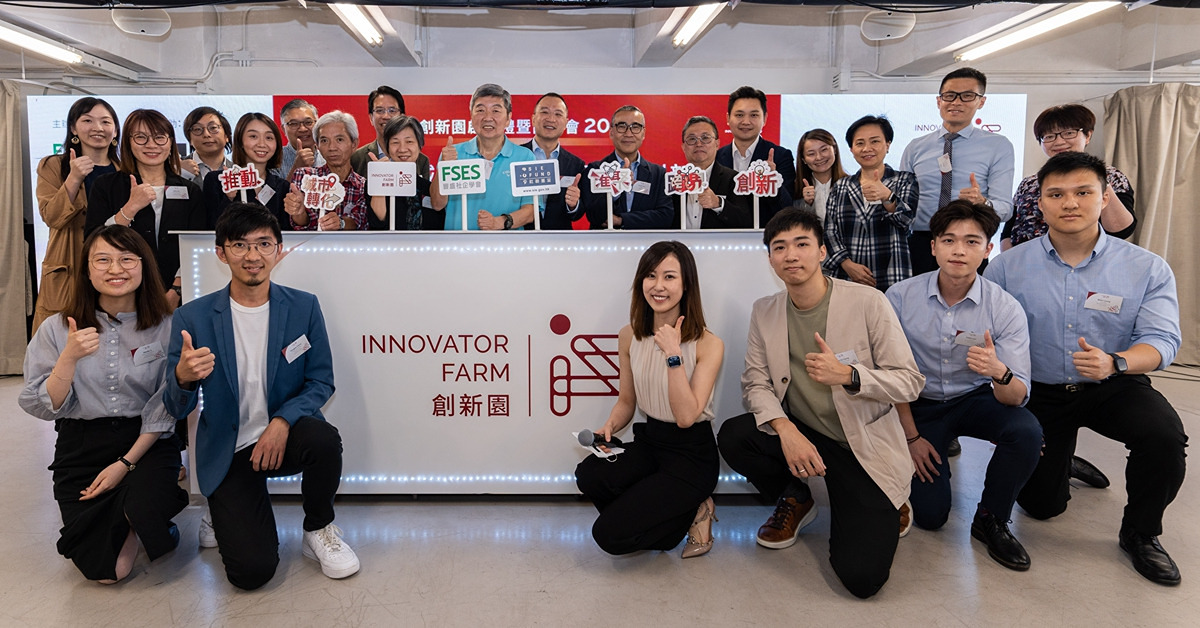
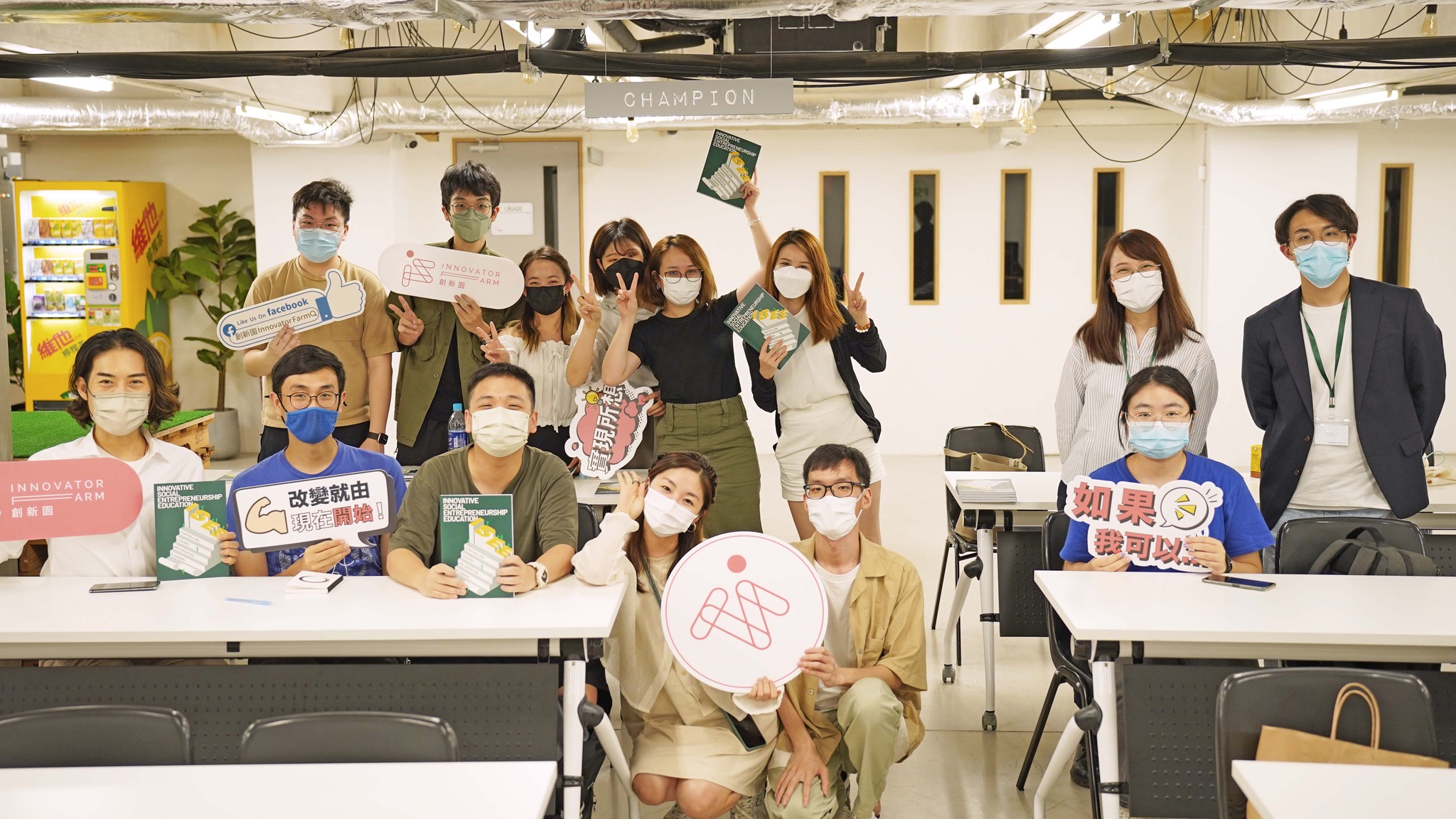
-
We started nurturing the next generation of social entrepreneurs in a systematic framework since 2020.
In 2020, FSES was appointed by SIE Fund as an intermediary to design and deliver a social innovation program to nurture social innovation projects. Under the Innovator Farm program, more than 90 projects were funded and around $20m fundings were matched by other funders.
Through working with social innovators hand in hand, we noticed that their funding needs often cannot be effectively addressed by public funding programs. Public funding programs are meticulously structured and often impose constraints on funding size, period and type of funding. The “one-size-fits-all” funding terms, obligations and undertakings are also inadequate in accommodating risks and returns of various projects. The risk-averse approach often denies innovative projects’ access to the much needed capital.
In the commercial world, emerging businesses and startups are trained relentlessly by the market to respond to changing market conditions and negotiate with investors and stakeholders. Funding or financial resources also take many shapes and forms. Social innovators who obtained seed money from public funders are not familiar with the operation of the financial market, and lack the ability to navigate various funding options. As a result, publicly-funded social innovators find it difficult to step into the market to obtain capital for their next mile after the end of the funding period.
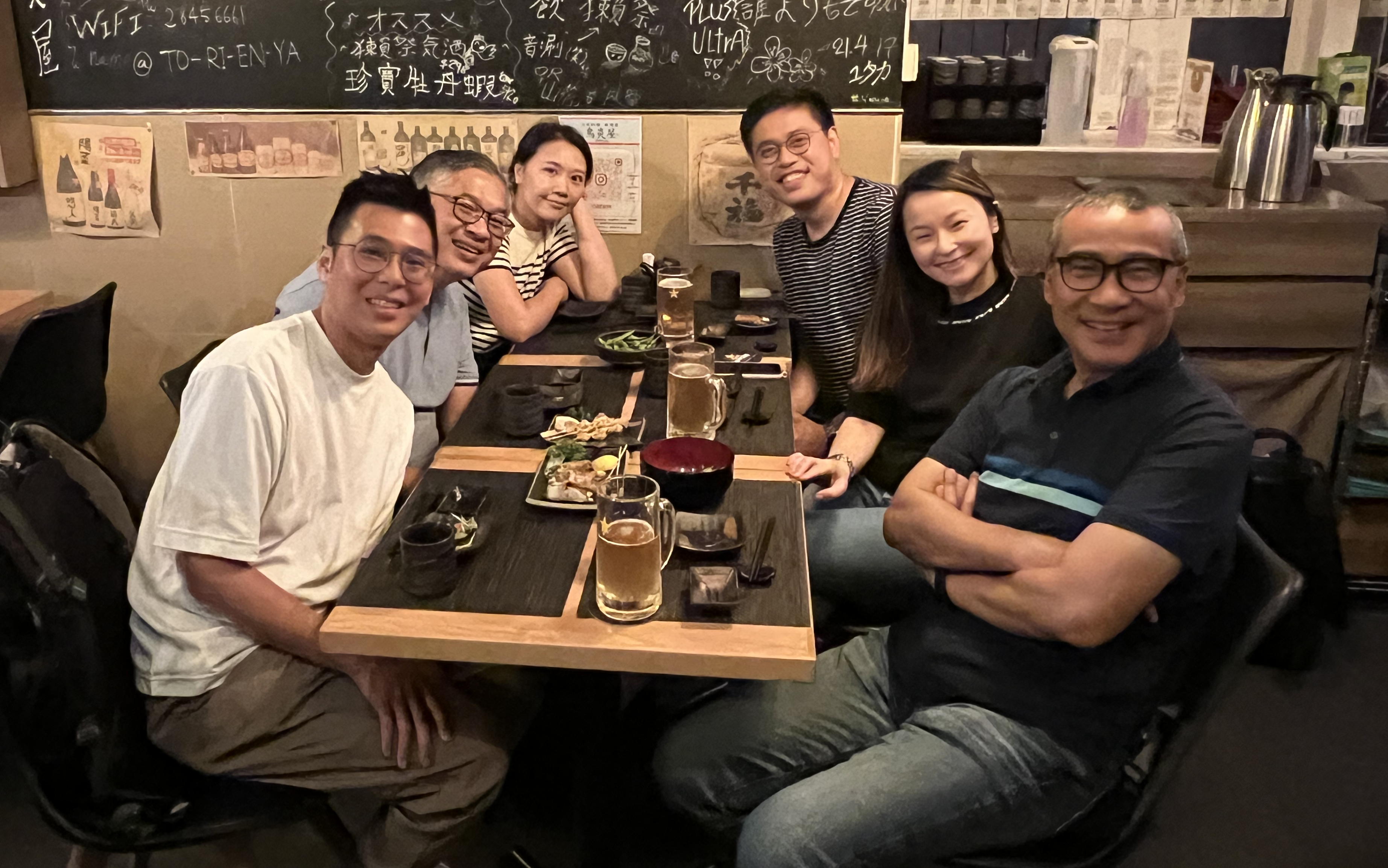
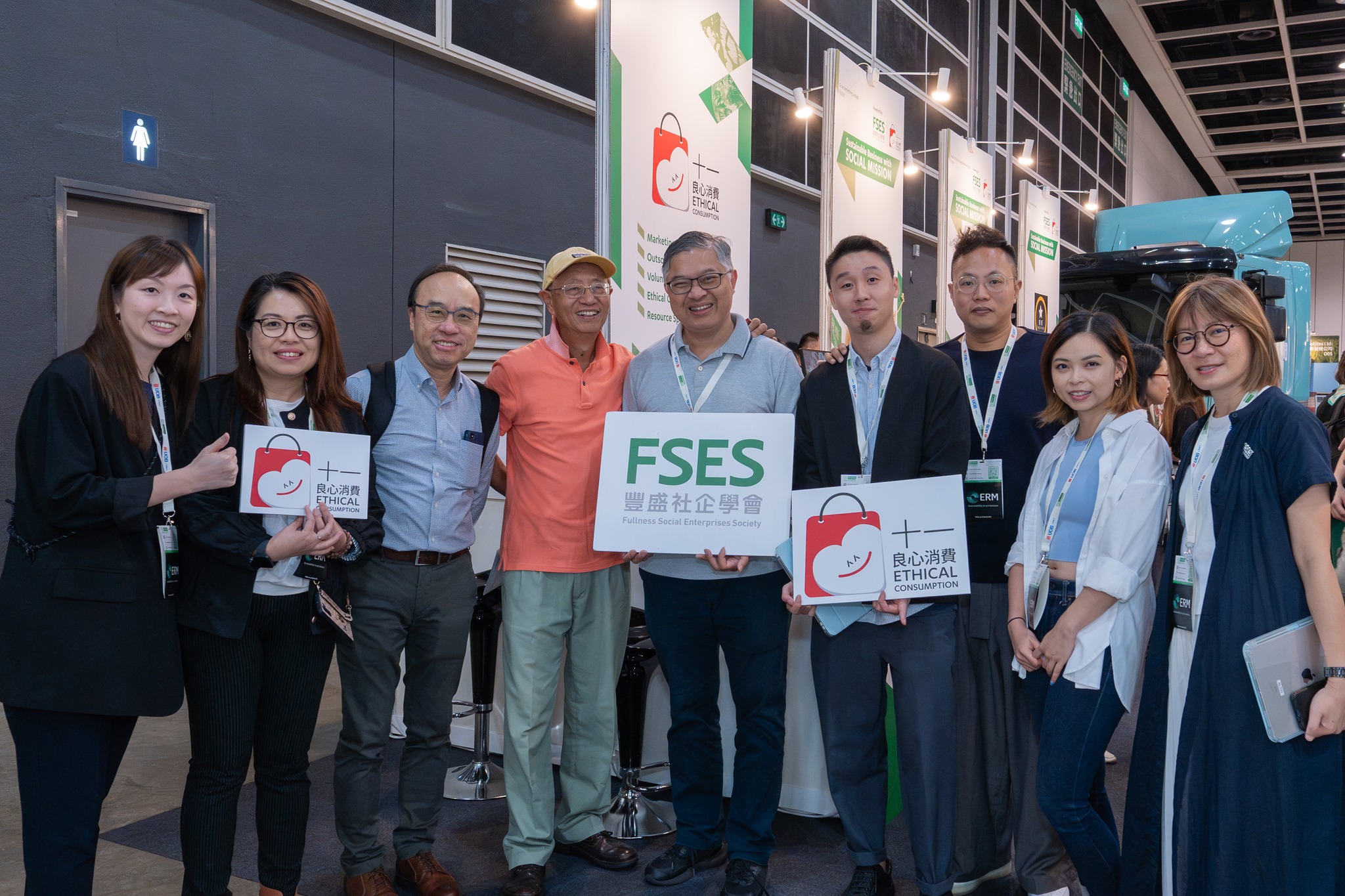
-
We strive to channel market capital to social innovation projects and drive cross-sector collaborations.
Against such background and grounded in the achievements and learnings of the past 3 decades, Joseph, Ted and Linda, all former directors of FSES, have come together in 2023 and established Fullness Social Venture (FSV), a non-profit-making innovation agency and the latest addition to the Fullness Group.
The founding team of FSV brings to the table decades of professional knowledge and post-qualification experience. Joseph is a seasoned corporate and investment banker and former CFO and executive director of a HK-listed company; Ted is a CFA charterholder, a Certificate holder in ESG Investing and an expert in social impact measurement; Linda is a HK-qualified corporate finance lawyer, with years of experience in operation and fundraising of tech startups.
Through offering impact investment and consulting services, FSV aims to bridge funding gaps for social innovation projects by channeling market capital in flexible and agile forms. Through offering credit-bearing courses at education institutions and driving research initiatives, we hope to onboard and empower the next million of innovators and facilitators who will deliver strong and sustainable social impact.

Since the 1980s, our founders applied professional knowledge and skills in running social enterprises.
In 1987, Fullness Christian Vocation Training Centre (FCVTC) was set up as a s.88 charity. A few millions of donations was raised from a group of Christians in Hong Kong. With the capital, FCVTC established the Fullness Garage, the first Work-Integration-Social Enterprise (WISE) in Hong Kong, that created job opportunities for the ex-offenders, ex-drug addicts, and deviant youth. The garage sailed through the financial crises in 1997, 2000 and 2008.
In 2008, riding on the success operation of the Fullness Garage, Fullness Christian Social Enterprise Limtied was set up as a social enterprise to operate the Fullness Salon. It was the first social enterprise in Hong Kong that successfully raised over HK$2million private capital from 16 individual and corporate shareholders. The social mission of Fullness Salon was to help youth-at-risk to reintegrate into society through a salon operation. Social Return on Investment (SROI) was first measured, for instance, for each dollar spent by the customers, 18% goes to the youth as their workfare. Each year, around HK$550,000 workfare was generated on an initial investment of $800,000, giving a SROI of 68% per year. During the financial tsunami in 2009, Fullness Salon promoted the concept of ‘Responsible Consumption’, which paved the way for the inauguration of ‘Tithe Ethical Consumption Movement’ (TECM) three years later.
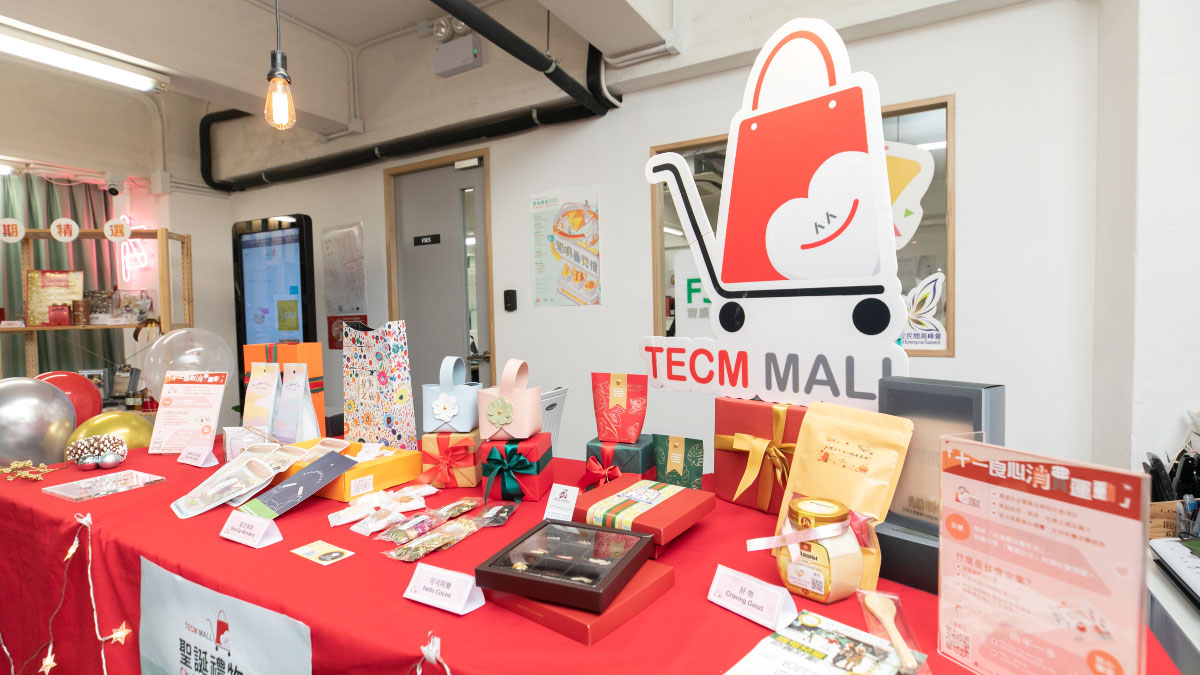
We started sharing our knowledge and scaling our impact via capacity building since 2010s.
In 2011, Fullness Social Enterprises Society (FSES) was set up to scale out our impact by sharing practical knowledge in running social enterprises. Around 50 knowledge volunteers, from different sectors and professions, were recruited as our executive members.
In 2012, the Home Affairs Bureau of the Hong Kong Government invited FSES to help the social enterprises to promote their products and services. The program Tithe Ethical Consumption Movement (TECM) was born to promote the concept of social enterprise and ethical consumption to the public.
In 2014, FSES and the Department of Cultural and Religious Studies of the Chinese University of Hong Kong conducted a pilot project of Social Entrepreneurship School Education (SEnSE) that brought social entrepreneurship knowledge to 17 secondary schools.
In 2015, FSES led a team of representatives to visit the 2015 Social Enterprise World Forum (SEWF) in Milan, and actively supported the General Chamber of Social Enterprises (GCSE) to obtain the hosting right of 2016 SEWF. While the social enterprise sector in Hong Kong may be smaller in scale compared to other countries, our expertise in social entrepreneurship is at the forefront, particularly in the fields of SROI reporting, financial sustainability, and the promotion of ethical consumption.
In 2016, FSES co-organized the SEWF in Hong Kong, and was sponsored to write three leading books in the field of social entrepreneurship, namely, “Hong Kong: The frontier in Social Entrepreneurship”, “Comparing Key Performance Indices among UK, Korea, and Hong Kong”, and “Introduction to Social Impacts Measurements: Hong Kong Context”. Delegates of SEWF 2016 were inspired by our fundraising strategies and appreciated our efforts in data collection for social impact measurement of social enterprises.
In 2018, Hong Kong Jockey Club invited Ted to coach 96 NGO project teams on Social Impact Measurement (SIM) based on the modified version of the Donald Kirkpatrick four level model, which taught frontline people on how to measure impacts practically and quantitatively for their social projects. The first workbook, “Social Impact Measurement Workbook: A step-by-step approach to devising outcome indicators” was published and the resulting impacts of 43 projects were published as examples (一紙效益故事) for the benefit of the Hong Kong community.

We started nurturing the next generation of social entrepreneurs in a systematic framework since 2020.
In 2020, FSES was appointed by SIE Fund as an intermediary to design and deliver a social innovation program to nurture social innovation projects. Under the Innovator Farm program, more than 90 projects were funded and around $20m fundings were matched by other funders.
Through working with social innovators hand in hand, we noticed that their funding needs often cannot be effectively addressed by public funding programs. Public funding programs are meticulously structured and often impose constraints on funding size, period and type of funding. The “one-size-fits-all” funding terms, obligations and undertakings are also inadequate in accommodating risks and returns of various projects. The risk-averse approach often denies innovative projects’ access to the much needed capital.
In the commercial world, emerging businesses and startups are trained relentlessly by the market to respond to changing market conditions and negotiate with investors and stakeholders. Funding or financial resources also take many shapes and forms. Social innovators who obtained seed money from public funders are not familiar with the operation of the financial market, and lack the ability to navigate various funding options. As a result, publicly-funded social innovators find it difficult to step into the market to obtain capital for their next mile after the end of the funding period.

We strive to channel market capital to social innovation projects and drive cross-sector collaborations.
Against such background and grounded in the achievements and learnings of the past 3 decades, Joseph, Ted and Linda, all former directors of FSES, have come together in 2023 and established Fullness Social Venture (FSV), a non-profit-making innovation agency and the latest addition to the Fullness Group.
The founding team of FSV brings to the table decades of professional knowledge and post-qualification experience. Joseph is a seasoned corporate and investment banker and former CFO and executive director of a HK-listed company; Ted is a CFA charterholder, a Certificate holder in ESG Investing and an expert in social impact measurement; Linda is a HK-qualified corporate finance lawyer, with years of experience in operation and fundraising of tech startups.
Through offering impact investment and consulting services, FSV aims to bridge funding gaps for social innovation projects by channeling market capital in flexible and agile forms. Through offering credit-bearing courses at education institutions and driving research initiatives, we hope to onboard and empower the next million of innovators and facilitators who will deliver strong and sustainable social impact.
